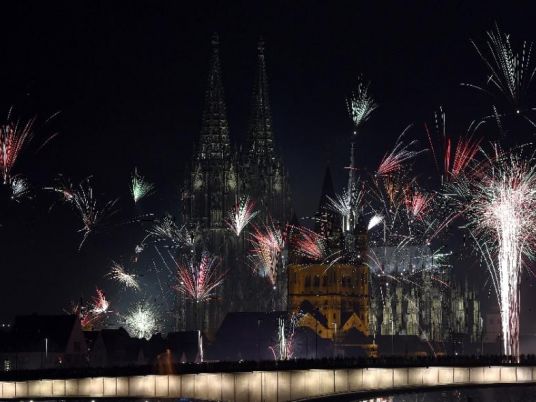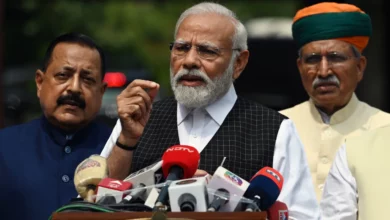
The German government Tuesday condemned dozens of apparently coordinated sexual assaults against women on New Year's Eve in the western city of Cologne blamed on Arab men but warned against anti-migrant scapegoating.
Justice Minister Heiko Mass called for a thorough investigation of the rash of attacks, ranging from groping to at least one reported rape, allegedly committed in a large crowd of revellers during year-end festivities at the city's main train station.
"This represents a new dimension of crime that we will have to get to grips with," he told reporters, adding that the assaults had appeared to be "coordinated".
"The authorities are working intensively to determine who was behind this."
Asked by a journalist whether the attackers could have been refugees, Maas said police were still working to identify them.
"This is not about where someone is from but what they did," he said.
"Making an issue out of it, lumping it together with the refugee issue, is nothing but exploitation. Now is the time to determine the facts and then decide on the necessary consequences."
Police in Cologne said they had received 90 criminal complaints by Tuesday and quoted witnesses as saying that groups of 20-30 young men "who appeared to be of Arab origin" had surrounded victims, assaulted them and in several cases robbed them.
"We assume more people will come forward," a police spokesman told German news agency DPA.
Interior Minister Thomas de Maiziere said he was also stunned by the "despicable" attacks.
"However this must not lead to refugees of whatever origin, who are seeking our protection from persecution, being placed under general suspicion."
Cologne Mayor Henriette Reker called a crisis meeting with political officials and police Tuesday after the case made national headlines.
In mid-October, Reker was stabbed in the neck in an attack apparently over her welcoming stance toward refugees.
Germany took in around one million asylum seekers in 2015, most of them fleeing war-ravaged Syria.
Chancellor Angela Merkel in her televised New Year's address rallied Germans to continue to welcome the newcomers despite mounting criticism and reject right-wing populists whipping up anti-migrant sentiment.




